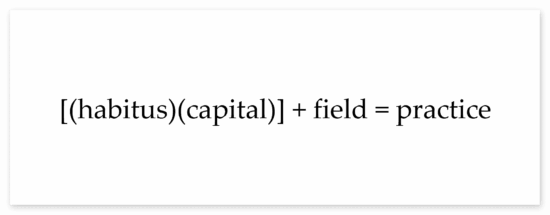The Border is a Canadian television series drama that describes current and controversial aspects of Canadian security, its functions, and the issues that have gained salience in raw news today.
Blog
Money, Hoes and Clothes – Freestyle in the Digital Era
This essay will describes the developments and transformations of the freestyle form, the technique of real-time experiential exchange, followed by YouTube and the digitalization of the freestyle tradition.
Mattel Inc vs. Mark Napier (The Distorted Barbie)
These fans of Barbie that engage in textual poaching and show resistance are coming face-to-face with a monolith that wants to enact vengeance and solidify an empire of consumerist profit.
Increasing Prevention of HIV/AIDS in Canada
The intent of this essay is to provide information regarding the devastating HIV/AIDS pandemic in Ontario, Canada.
Harry Potter and its Critics*
There is a significant body of texts which circulate over online domains that attempt to ideologically undermine, resist and intentionally re-work the intent of J.K. Rowling’s Harry Potter.
Fertility Decline in Japan – An Application of Pierre Bourdieu’s Habitus
This essay will first provide a literature review and the overview of the theoretical framework of the habitus, followed by an inspection of the current scenario in Japan.
Exploring Don McKellar’s Last Night in Relation to Canada’s Popular Culture
As a Canadian film striving for its own identification among Hollywood’s entertainment apparatus, Don McKellar’s Last Night uses a recognizable Canadian style, tone and themes, and identifies itself, in the broader sense, against Hollywood.
Ender’s Game and Speaker for The Dead Analyzed
Orson Scott Card’s Ender is a dynamic character imbued with innocence, who challenges the reader as they struggle to decide whether or not Ender’s actions were particularly purposeful or accidental.
Ecocinema and the Evolution of the Documentary Genre
This essay argues that ecocinema, as an art form, needs to be understood firstly in context with its origins, ethos, the execution of their messages using fear appeals, in order to contextualize the evolution of the documentary form leading to the creation of an ecocinema documentary trend that reflects the growing environmental urgency. In the end, this essay seeks to establish a theoretical framework for deconstructing ecocinema.
Early Recollections Therapy: An Advantage*
According to Adler’s Individual Psychology perspective, the meaning of individual behaviour coincides with their desire for either success or superiority (Adler, 1958).










